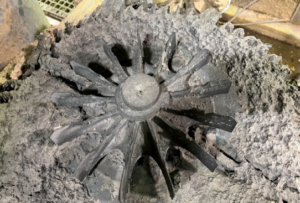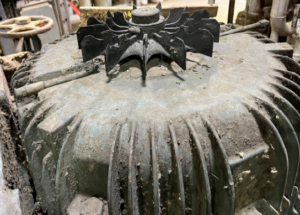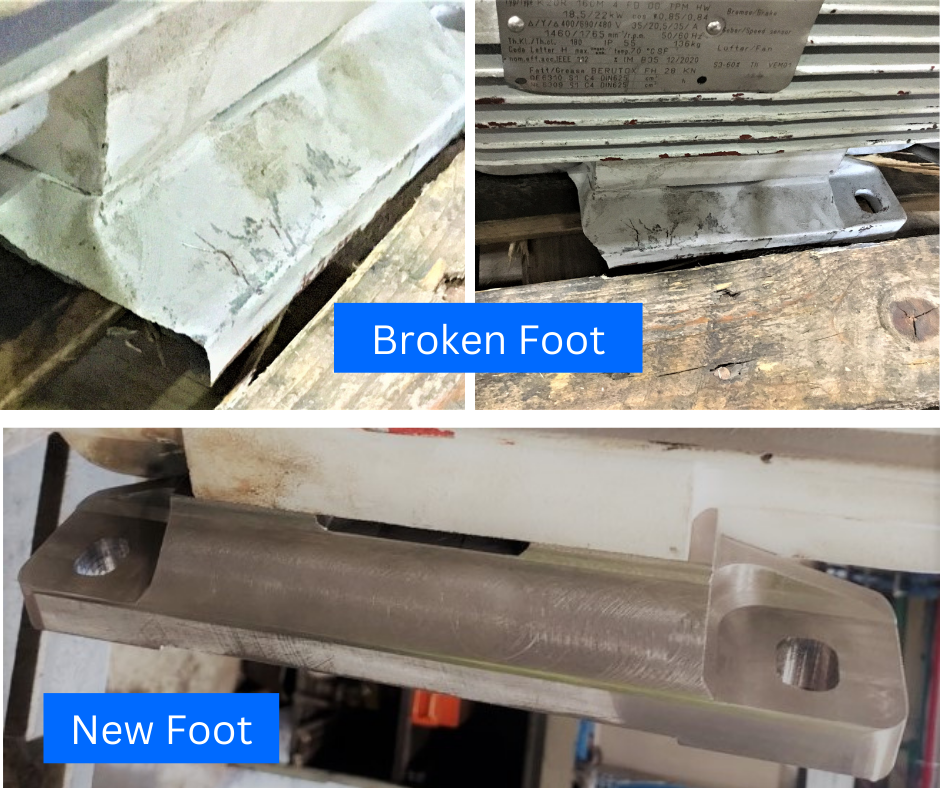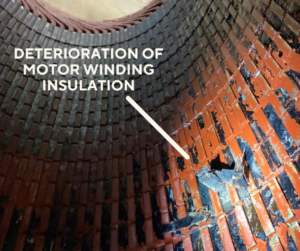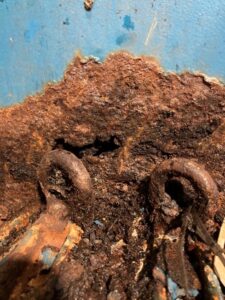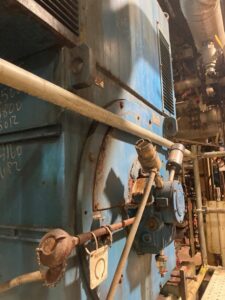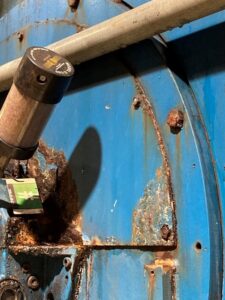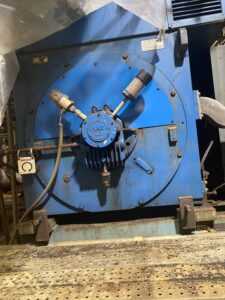It is time to get motors ready for the long hot summer. For many this includes cleaning their critical motors and other equipment for the upcoming summer months.
We generally recommend preventative maintenance during a regularly scheduled outage. Fall and spring is another good time to have it on the calendar.
Top tips for maintaining your electric motors:
- Develop a general maintenance and cleaning routine
- Check the motor’s lubrication
- Regularly inspect the bearings
- Reduce or eliminate vibrations
- Inspect the rotor and stator
- Record your findings
Or – let us do the work for you. Click the button below.
Cleaning the exterior of a motor, including the can and fan cover will help extend the life of the motor. See pictures of motors pulled from a customer’s recent spring cleaning!
